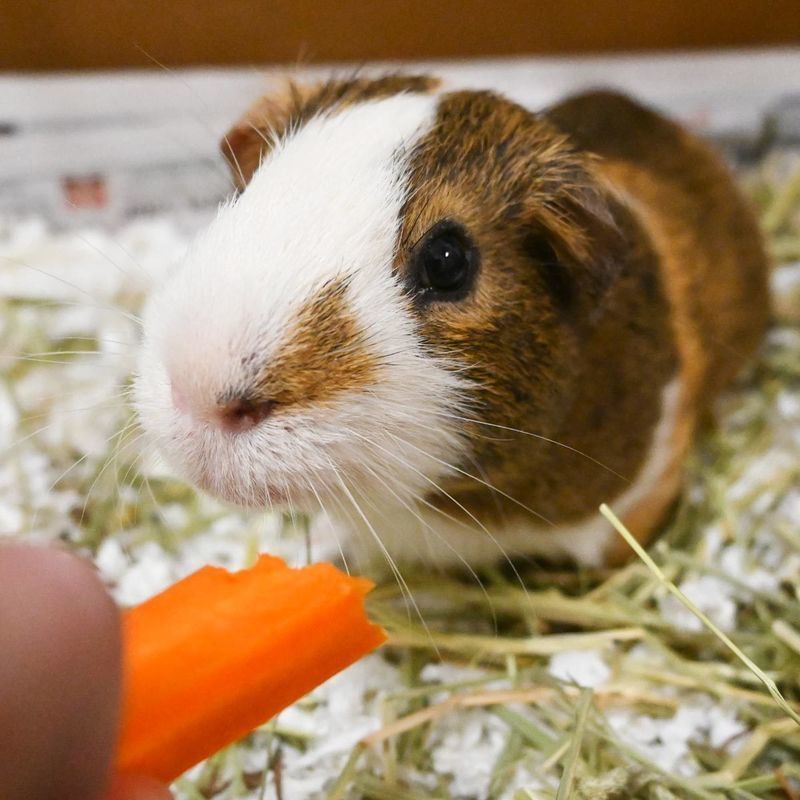Box Turtles are engaging and fascinating creatures so it is no surprise that they are showing up more frequently in pet shops. Unfortunately, these animals have specialized needs which, if not met, result in the untimely death of many of them. As with any new pet, the potential owner needs to research its specific needs before taking the pet home.
Virtually all box turtles found in pet shops today have been caught in the wild and subjected to a stressful journey on their way to the pet shop. Many are diseased, parasite infested, have been offered an improper diet, and have been kept in an unsuitable environment. Without veterinary attention, many will die within a few months.
Captivity can be very stressful for the normally shy and secretive box turtle. Stress frequently leads to a refusal to eat. Even if they have eaten, many are not offered the right diet. Box turtles are omnivores and need a variety of fruits and vegetables as well as some live food, such as worms, crickets, and meal worms. Lettuce is not a good food source. Stress also reduces the turtle's ability to fight infections and deal with parasites.
Improper housing can also adversely affect the health of captive box turtles. Not all box turtles come from the same environment in the wild, so it is important to know what specific type of box turtle you are dealing with. Some are aquatic that require a swimming area and a humid environment, while others live in dry prairie areas with less humidity, but still like a moist substrate in which to burrow. All box turtles should have a shallow pan of fresh water for drinking and soaking. The ideal situation for a captive box turtle is an outdoor pen with exposure to sunlight, places to burrow, and a shallow pool for soaking. In winter, a suitable place indoors for them to hibernate with the right conditions must be provided.
Box turtles are not pets for young children. The turtles do not do well if handled alot. Most are shy and want to be left alone. It is hard for a youngster to understand that the new pet is for looking, not touching. In addition, there is a risk of diseases (such as salmonella) from any pet if proper hygiene is not followed.
If you are tempted to buy a box turtle for a pet, think twice, and select a pet that is more suitable for captivity.
Box turtles belong in the wild.









